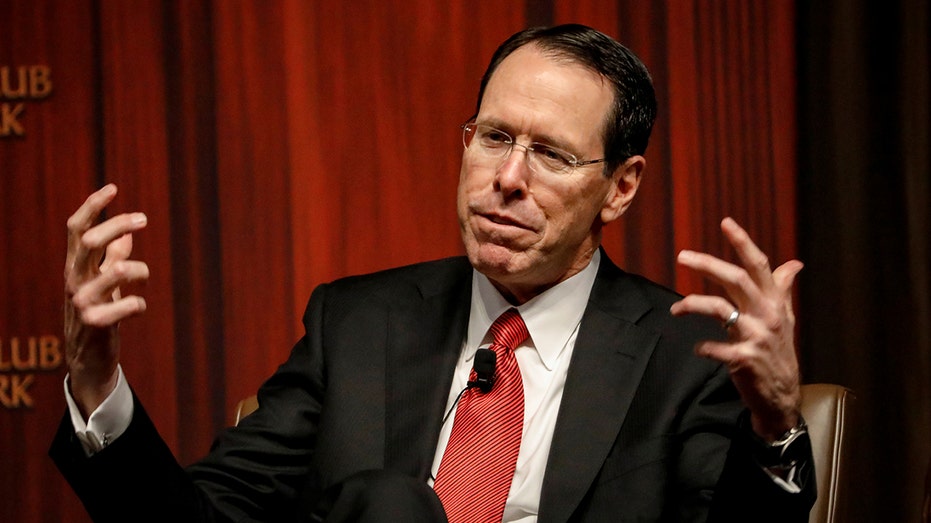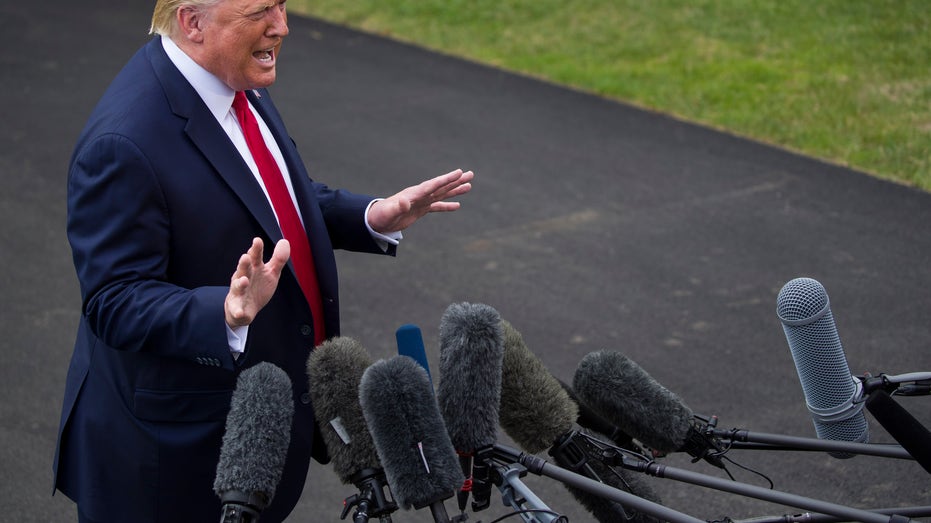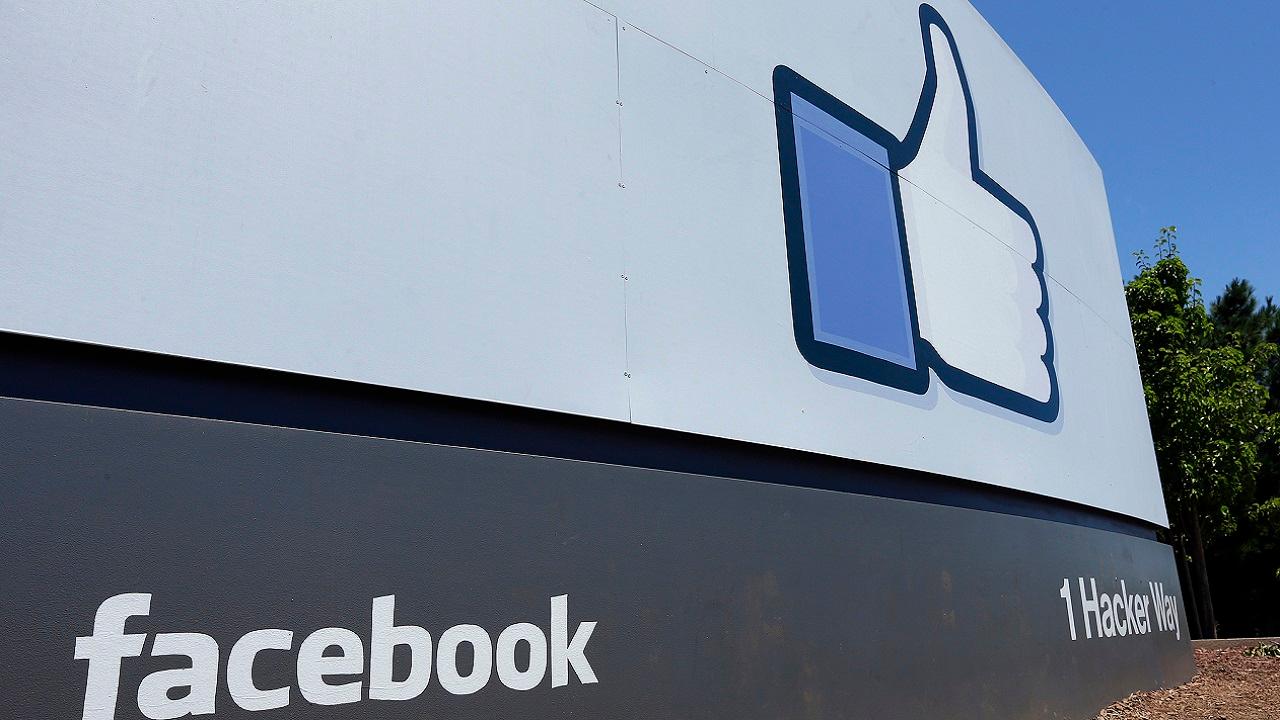Elliott looks to flex muscles in control over AT&T management structure
Activist investor Elliott Management is looking to turn up the heat even further on AT&T, possibly demanding a say in the firm's management structure including helping to choose the eventual replacement for CEO Randall Stephenson, FOX Business has learned.
Stephenson, 59, has been chief executive since 2007 and has said he has no immediate plans to step down. But if Elliott goes through with pushing its views on the composition of AT&T's management – as telecom executives tell FOX Business it is considering– it would possibly set the stage for a contentious battle in what has been, at least for now, a cooperative relationship between the telecom giant and the activist fund.

Chief Executive Officer of AT&T Randall Stephenson speaks in New York City, Nov. 29, 2017. (Reuters/Brendan McDermid)
Elliott recently snapped up a $3.2 billion stake in the company and outlined a plan that mostly focused on shedding assets and reducing mountains of debt that AT&T had built up during its expansion spree in recent years. Both sides have recently met and Stephenson has said he is committed to having a dialogue with Elliott. One idea floated by Elliott is jettisoning AT&T’s satellite TV service DirecTV.
As FOX Business was first to report, bankers are inundating the telecom giant with proposals to unload the company. One plan would spin off DirecTV, which has 22 million subscribers, into a separate company and merge it with Dish Network and its 12 million subscribers. The deal would be structured like a joint venture in which AT&T, Dish and a private equity firm would hold investment stakes. Stephenson hasn't said if it is pursuing a sale of DirecTV.
While Elliott has been publicly reticent about its plans for management of AT&T, behind the scenes the investment house is discussing whether it should have some say in who occupies senior roles at the telecom giant including Stephenson’s replacement, according to a telecom executive with direct knowledge of the matter. Stephenson has suggested that his heir apparent should be John Stankey, the company's chief operating officer who is considered the architect of two of AT&T's biggest and most transformational deals: The 2015 purchase of DirecTV, a deal valued at $67 billion, and the 2018 purchase of Time Warner, which was valued at $108 billion.
Stankey also holds the title of CEO of the Time Warner cable and entertainment unit that has been renamed Warner Media. But his ties to the deal to acquire DirecTV – which is bleeding subscribers and is worth far less than what AT&T paid given industry trends and softening user base – could be at the heart of Elliott's concerns about him taking over the top job, the telecom executive who deals with AT&T said.
A spokesman for Elliott Management declined to comment on either the management issues or the DirecTV sale. An AT&T spokeswoman also declined comment.
Elliott’s desire to shape the future management of AT&T is among the myriad of issues that Stephenson is dealing with as he moves forward with the acquisition of Time Warner that was announced in 2016 but faced years of regulatory tumult. The transaction, for example, was sued by the Justice Department’s antitrust division, which argued in court that it would lead to higher prices for consumers.
While the Trump DOJ lost its legal attempt to stop the deal, Trump hasn’t ended his attacks against AT&T or the company's news division, CNN, which Trump regularly bashed over their coverage of the White House.

FILE - In this Monday, Sept. 9, 2019 file photo, President Donald Trump speaks with reporters before departing on Marine One from the South Lawn of the White House, in Washington. Afghanistan’s Taliban leaders agreed they wanted a deal with the Unite (AP)
People close to the president say he has discussed a boycott of AT&T services; one suggestion that has been presented to the president from an outside adviser would be to focus the boycott on the troubled DirecTV unit.
A White House spokesman had no comment on the matter.
The political and investor pressure to unload DirecTV would appear to make its sale more likely. But there may not be many buyers for assets with a declining value, as consumers flee traditional program distributors – such as cable and satellite providers – to view content. At the same time, senior executives at AT&T have reportedly said there would be significant antitrust issues, making the combination of national TV distributors like DirecTV and Dish difficult to proceed.
Moody’s Investors Service recently echoed those sentiments in a note stating, “a combination with Dish Network would be highly unlikely due to regulatory constraints and difficulty in financing such a purchase,” but added a back-office joint venture is feasible. “DirecTV and Dish are the only two national traditional pay-TV providers.”
CLICK HERE TO READ MORE ON FOX BUSINESS
Some bankers, however, believed the antitrust concerns are overblown; they point to the 2008 merger of Sirius and XM Satellite Radio as an example. Sirius and XM were the two largest players in the satellite radio space when they merged roughly a decade ago, and the deal received the green light from the Bush administration’s antitrust division. Thus, there’s a decent chance that the current Republican Trump administration would follow suit.
If the deal moves forward, it is expected to net AT&T just roughly half of what it paid for DirecTV in 2015. AT&T paid $49 billion outright and assumed an additional $18 billion worth of DirecTV’s debt. While AT&T wouldn’t recoup nearly as much as it spent on the decaying asset, selling the broadcast provider would relieve AT&T of significant debt and clear its balance sheet of an asset rapidly declining in value.




















